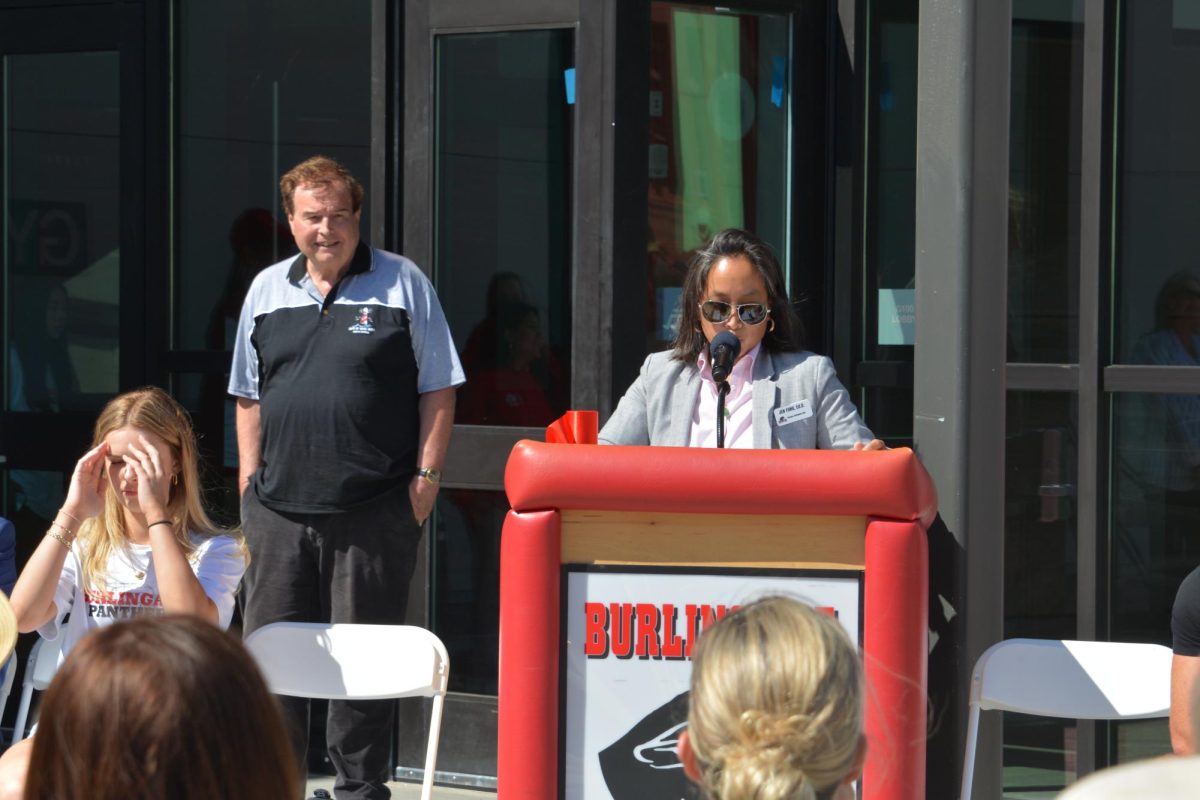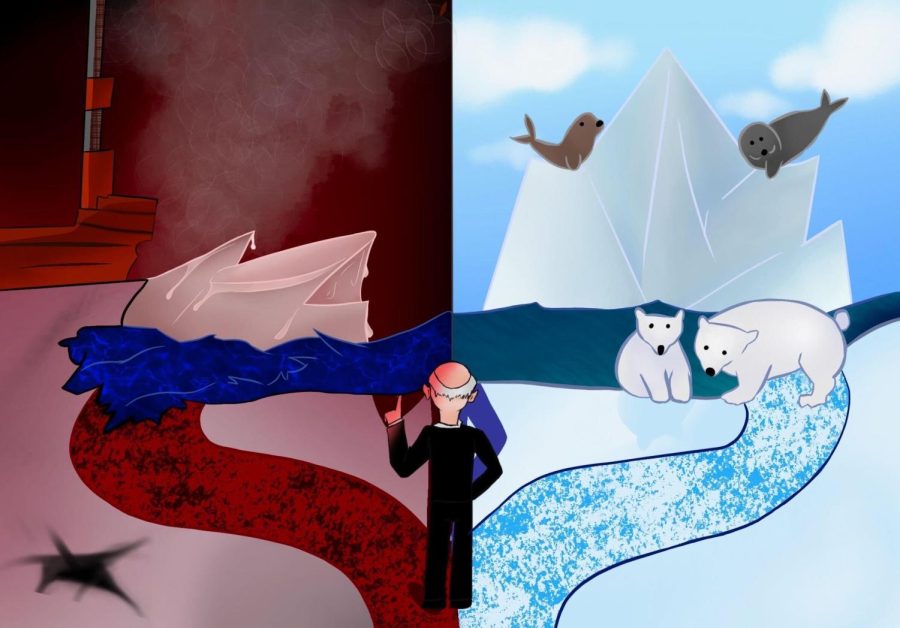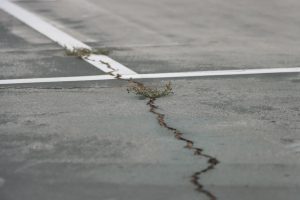Biden administration’s approval of Willow Project sounds alarm for climate activists
On Monday, Mar. 13, the Biden administration officially approved the Willow Project, leaving climate change activists in a state of frustration and dismay.
April 4, 2023
The Willow Project, an $8 billion oil-drilling project based in Alaska, is estimated to produce over 600 barrels of crude over 30 years, burn 280 million metric tons of carbon and release 9.2 million metric tons of carbon pollution annually. The amount of carbon dioxide that the project will put into the atmosphere over time is equivalent to that of 1.7 million gasoline-powered cars.
Regardless of these environmental implications, on Monday, Mar. 13, the Biden administration officially approved the project, leaving climate change activists in a state of frustration and dismay.
“I was very disappointed when I heard about it,” senior and environmental club member Sofia Husain said. “I just don’t understand how at this point we’re still making decisions that are harming the environment even though we’re living through the effects of global warming, and there have already been so many consequences.”
The Willow Project was originally proposed by Houston-based petroleum refinery ConocoPhillips, which has been drilling in Alaska to a smaller degree for years. Willow was approved by the Trump administration in 2020 to build five drill pads. The Biden administration lowered this number to three, but claimed that they could not reject the project in its entirety as ConocoPhillips has current and valid leases in the Alaska area. If they attempted to further limit the project’s scope, they would risk heavy fines and the possibility of legal action from ConocoPhillips.
While on the 2020 election trail, Biden insisted he would prioritize climate reform during his presidency, cutting greenhouse gas emissions and implementing carbon pollution-free forms of electricity. For many, the approval of the Willow Project goes against those campaign promises.
“It kind of seems interesting, because it seems like the government knows that climate change is a real issue, and they’ve acknowledged it and yet they are making these decisions that contradict helping with climate change,” environmental sciences teacher Karen Hartmann said.
When Hartmann first heard about the Willow Project, she was shocked, unable to comprehend the drastic effects of the plan.
“I think it’s going to have a ripple effect on a lot of things. If you’re drilling for oil, you’re extracting all of the natural resources, and oil is eventually going to run out,” Hartmann said. “I would imagine that climate change would be even worse, and we would see species dying at a faster rate than they are now.”
Although Biden has made efforts to limit future oil leases in Alaska, protecting over 13 million acres in the state from drilling, many think that these efforts do not go far enough.
“I think that really the only thing that could have balanced out the effects of [Willow] is not having the project in the first place,” sophomore Shayna Blum said.
Some view the Willow Project in a positive light; in fact, many Alaskan residents and leaders claim it will help the state financially and economically. Supporters of the project also say that the oil will provide the nation with a reliable source of energy.
“I know the economy is [important], but I think in the past, we’ve always just prioritized economics over the environment,” Husain said.
Despite the potential commercial benefits, the evident harm that Willow will do to the planet is difficult to ignore. According to students like Husain, Willow’s downsides outweigh the benefits.
“I know some progress has been made [towards fighting climate change],” Husain said. “I think that with the way that our world works, [global warming] just keeps worsening every year. So I think the Willow project will undo what people are trying to do, and also worsen it a lot more.”
And climate experts say keeping carbon emissions at bay isn’t acceptable, either. In recent years, scientists and organizations such as Global Optimism have warned that without a drastic reduction in emissions in the next few years, the planet may suffer irreversible damage.
“I feel like we haven’t actually made that much progress [towards fighting climate change] as a country so [Willow] won’t necessarily move us backwards, but we’ll just stay the same,” senior and environmental club president Kelsey McDonald said. “And that’s not good because we’re moving in a bad direction.”
On Wednesday, Mar. 15, environmental law non-profit Earthjustice officially filed a lawsuit against the Biden administration on the grounds that the presidential management failed to properly gauge the seriousness of the program’s planetary impacts. Earthjustice also argues that there were more environmentally-friendly alternatives to the Willow project that Biden failed to explore.
Burlingame students seem to be in wholehearted agreement with the organization’s claims.
“Renewable energy is always what we should be focusing on,” McDonald said. “I think [Biden] should be looking to that, institutions for that, rather than creating new products and oil projects.”
As of now, activists have focused on small ways that they can make their voices heard. Many have taken to social media, especially TikTok, to express their feelings about Willow, or started petitions to spread awareness and get more people involved.
“I know a lot of times students think, ‘Oh well, I’m in high school, what can I do to really make a change?’” Hartmann said. “With this issue in particular, I would always say, write a letter to your local state senator or government, or even to the president. They’re getting that mail. I don’t know what they’ll do with it. But if they get enough responses, that’s telling them, ‘Hey, this is probably not the right thing to do.’”















































